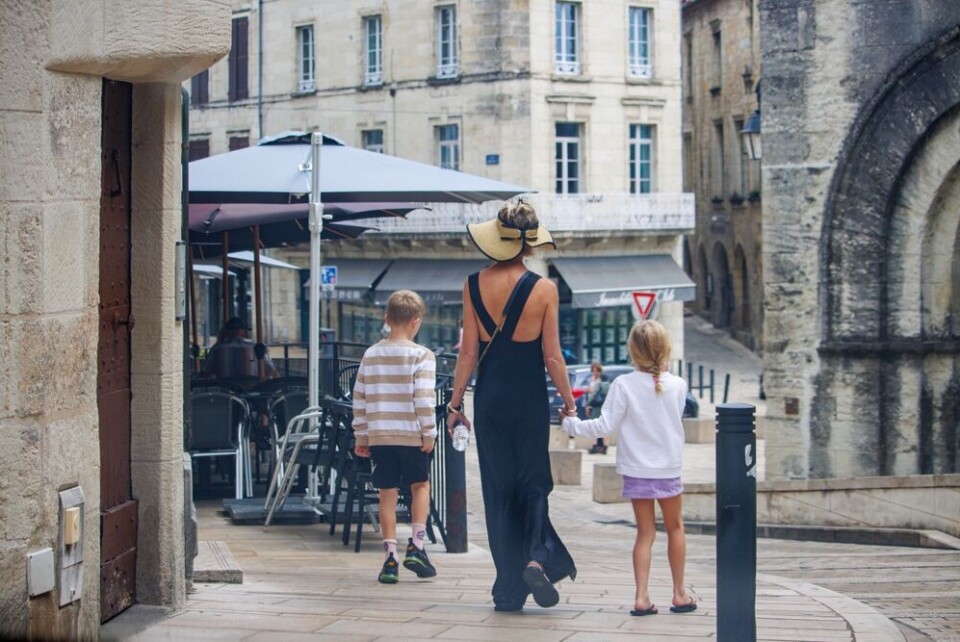-
How France looks after its historical treasures
Emmanuel Pénicaut, director of collections at Mobilier national, explains the organisation’s vital role
-
English-language poets in France showcased in new anthology
29 poets from a stanza group worked together on the collection
-
Pete Doherty’s new song is ode to Normandy (and making Calvados)
The track is inspired by the reformed rocker’s French home
Five things they do not tell you about the bourgeoisie in France
From fashion to holidays, we take a humorous look at the bourgeois life

1. Les dîners
The bourgeoisie adore many things, including inviting people to a dîner très simple (just a few langoustines and some champagne) or even monochrome (smoked salmon, saffron rice, carrot salad, a few langoustines, tangerine soufflé).
To give guests time to finish their important jobs and get changed, dîners start as late as 22:00.
Soyez les bienvenus!
Read more: Is ‘de’ a sign of being from a ‘posh’ or noble French family?
2. Le transport
Simplicity is also key when it comes to transport.
Even if they fly first class for business, after work massive cars are out and simple cycles are in, especially in the city.
If the machine is vintage and blessed with a wickerwork basket on the handlebars, even better.
Tous à vélo!
3. L’élégance
The greatest of the GBs (grandes bourgeoises) work hard to avoid any hint of being ‘overdressed’, although naturally it is only comme il faut to wear an engagement ring or two, as well as papa’s diamonds.
Beige is a safe bet, in terms of colour, although husbands are allowed to display their fashion sense with a pale rose cravat.
Très chic!
4. L’éducation
Children are encouraged to work extra hard at school as preparation for a lifetime of making money and spending it on the finer things in life.
The maxim here is: “If you can’t be the first, be the best!”
At the end of the day, however, daddy’s contacts will smooth the path to success regardless.
Un coup de main!
Read more: Talking point: Is France really a meritocracy?
5. Les vacances
Holidays are also very simple: a few days in an unspoiled fishing village by the sea (St Tropez), taking exercise in the mountains (skiing in Méribel), enjoying some culture (shopping for antiques in Marrakech), or cycling along the sands (to a shack selling Chablis and fresh oysters on the Ile de Ré).
Pas plus que ça!
Related articles
How reading Annie Ernaux will help you understand France
Five ‘grandes écoles’ and why they are considered important in France
Five things they don’t tell you about ‘les rosbifs’ (Brits) in France























